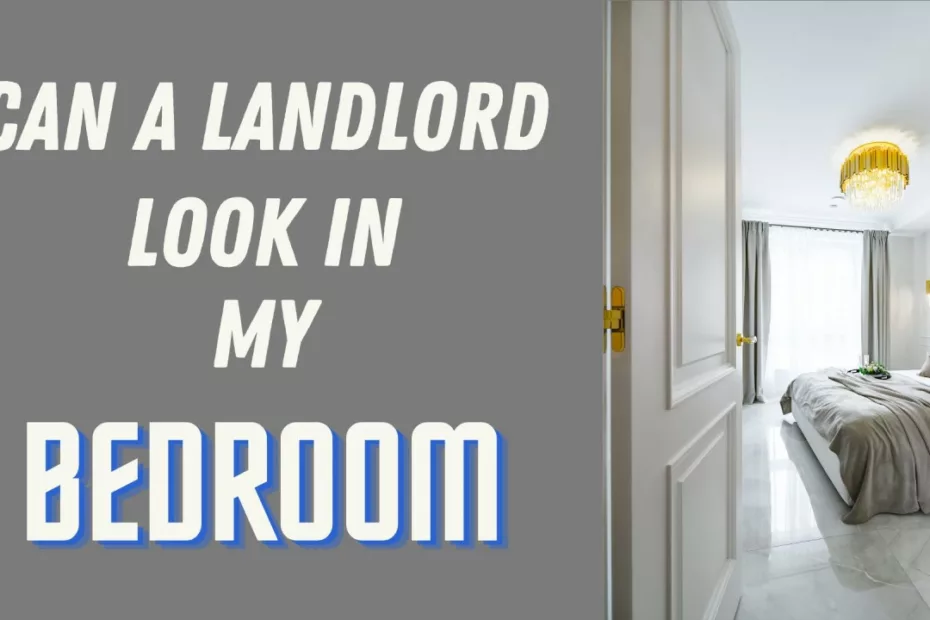A landlord can look in your bedroom but only under certain circumstances. Generally, a landlord must provide proper notice and have a valid reason to enter your rental unit, as outlined in the lease agreement and local laws. Routine inspections, repairs, or cases of emergency are some examples of valid reasons.
As a tenant, it’s natural to have concerns about your privacy and the level of access your landlord has to your rental unit. One common question that renters may ask is whether their landlord can look inside their bedroom.
As a property manager, it’s essential to know the rights of entry and associated restrictions because it can prevent potential legal disputes with tenants. Knowing the applicable laws and lease terms, including the right of entry and routine inspections, can help landlords maintain good tenant-landlord relationships while protecting their rental property.
Landlords generally have certain rights to enter a rental unit, but these rights are typically subject to limitations to protect the tenant’s privacy. Most states have laws that require landlords to provide tenants with reasonable notice before entering a rental unit, and the landlord must have a valid reason for entering the unit.
Additionally, the landlord may only enter at reasonable times, such as during normal business hours or in cases of emergency. However, whether a landlord can look in a tenant’s bedroom specifically can be a bit more complicated.
When Can a Landlord Enter a Tenant’s Bedroom
In most areas, a landlord may look in a tenant’s bedroom for rental inspections, repairs, or other legitimate business purposes. Still, they must provide advance notice, usually 24 hours before entering the unit. The notice must be in writing and include the date, time, and purpose of entry. Keep in mind that a landlord may only enter the premises without prior notice in cases of emergency.
Why Does My Landlord Want to Do an Inspection?
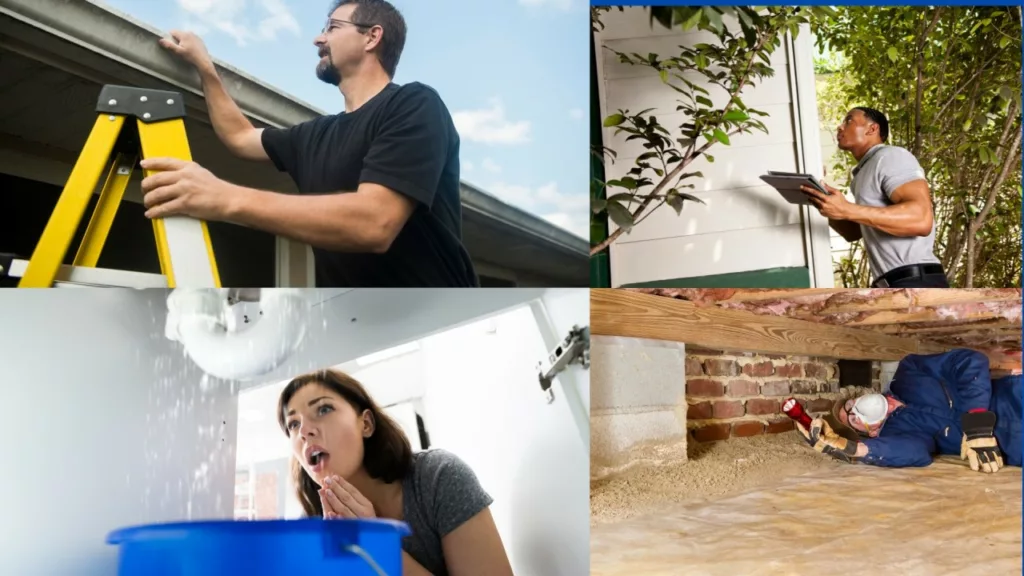
A landlord may want to inspect for several reasons. One of the most common reasons is to check the rental property’s condition and ensure it is being maintained properly. This can include checking for any needed repairs or maintenance and confirming that the tenant complies with the terms of the lease agreement.
A landlord may also want to assess any damage or wear and tear on the property caused by the tenant. Additionally, the landlord may conduct routine inspections as part of their management practices to ensure that the rental property is in good condition and to address any potential issues before they become more significant problems.
Can a Tenant Refuse the Landlord Entry?
A tenant can refuse the landlord entry into their rental unit if the landlord does not provide proper notice or has no legitimate reason for entering. However, tenants cannot unreasonably withhold consent to enter the unit for legitimate reasons, such as to make repairs or show the unit to prospective tenants or buyers.
What Should a Landlord Do When a Tenant Refuses Entry?
If the tenant does refuse entry without a valid reason, the landlord may have grounds for eviction. In any case, a landlord should always have keys to the property. Has a property manager accumulates more property, it can be difficult to keep track of the keys. Here are my suggestions for managing the keys for rental houses.
What Can a Landlord Look At During an Inspection?
During a routine inspection of a rental property, a landlord can generally look at the condition of the unit, including any damages or necessary repairs. They can also examine common areas, such as hallways or laundry rooms, to ensure they are clean and properly maintained. As always, landlords must provide proper notice and follow state laws regarding inspections to ensure they are within their legal rights.
What Can a Landlord Not Look At During an Inspection?
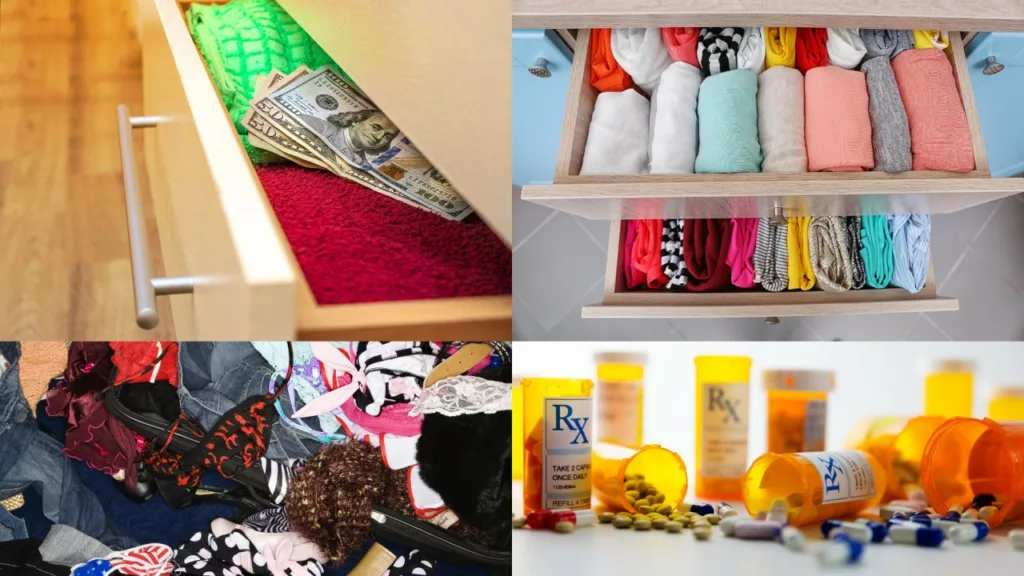
During a routine inspection, a landlord cannot look at certain personal items, such as mail, personal documents, or diaries. Additionally, a landlord cannot discriminate against a tenant based on race, color, national origin, religion, sex, familial status, or disability. The tenant’s protected classes should not be a factor in how the landlord conducts the inspection.
Can a Landlord Look Through Your Stuff?
A landlord may not generally look through a tenant’s personal belongings during a routine inspection. However, if the landlord suspects illegal activity or a violation of the lease agreement, they may have the right to search the property with a court order or with the tenant’s consent.
Can a Landlord Look in My Closet?
A landlord generally cannot look in your closet or any other storage space without your permission or a valid reason. Landlords can inspect the property, but only for specific reasons, such as making repairs or showing the unit to a prospective tenant or buyer.
In some cases, landlords may also conduct routine inspections to ensure the property is maintained in good condition. However, they still need to provide reasonable notice and have a good reason to enter your rental unit, as outlined by landlord-tenant laws in your state.
If a landlord wants to look in your closet, they need a valid reason, such as searching for evidence of a lease violation or illegal activity.
Can my Landlord Look in my Fridge?
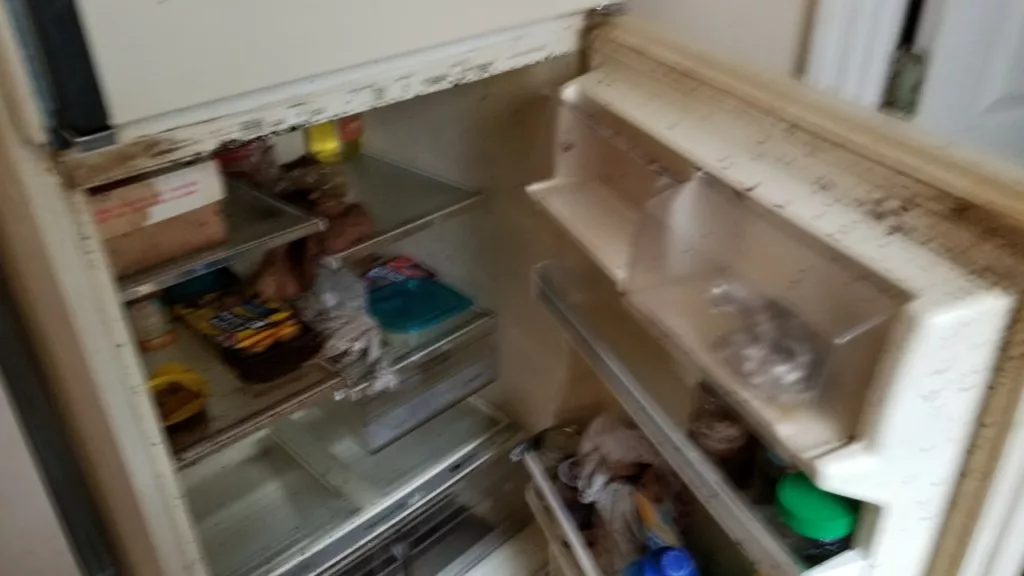
In most cases, a landlord cannot look in a tenant’s refrigerator during a routine inspection. The landlord’s right to enter the rental property for an inspection is limited to common areas and areas specified in the written lease agreement.
Unless there is a valid reason for a repair or maintenance issue that requires access to the fridge, a landlord should not be looking inside a tenant’s fridge without permission. However, if a clause in the lease agreement specifies that the landlord has the right to access the fridge or other appliances, then the landlord may be able to look inside the refrigerator during an inspection.
Can a Landlord Give Out Tenant Information to the Police?
In general, a landlord is allowed to disclose tenant information to the police in certain situations, such as when they receive a subpoena or court order requiring them to do so or when they reasonably believe that the disclosure is necessary to prevent a crime or protect someone from harm.
However, property owners must also balance their obligation to cooperate with law enforcement with their duty to protect tenant privacy. They should only disclose the minimum amount of information necessary to address the situation and obtain legal advice before releasing any information. Additionally, they should inform tenants about the disclosure, except when doing so would compromise an ongoing investigation or endanger someone’s safety.
If a landlord discloses tenant information inappropriately, the tenant may have legal recourse, such as filing a complaint with a housing agency or pursuing a lawsuit for invasion of privacy or breach of the lease agreement. Tenants should seek legal advice if they believe their landlord has violated their privacy rights.
What If My Landlord Finds Something Illegal During an Inspection?
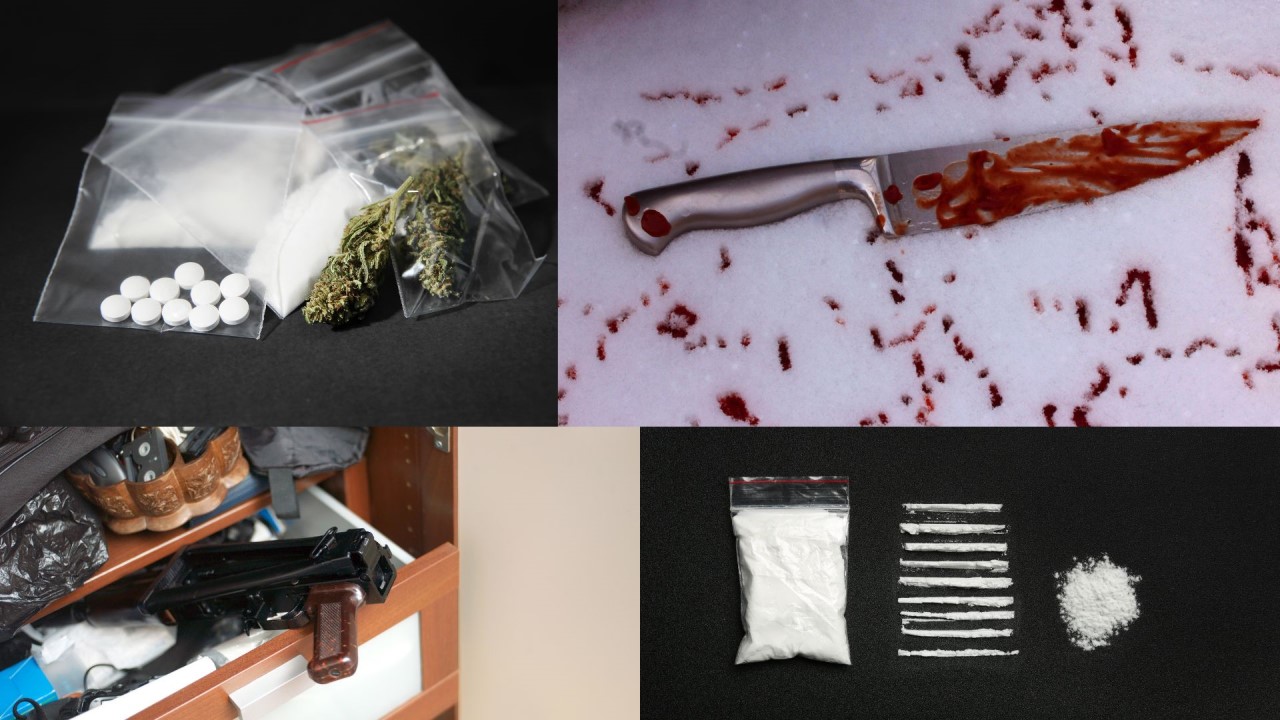
If a landlord finds something illegal in your possession during an inspection, they can take specific actions depending on the severity of the situation and applicable state laws. Sometimes, the landlord may have to report illegal activity to the authorities.
The landlord may have grounds for eviction if the illegal activity is serious or violates the lease terms. The specific consequences will depend on the particular circumstances and applicable laws. Tenants must be aware of their rights and obligations under their lease agreement and applicable state laws.
What Can I Do If My Landlord Touched My Stuff?
If you believe your landlord has unlawfully entered your unit and touched your belongings, you may have a legal claim for trespass, invasion of privacy, or property damage. You can also check your lease agreement to see if any provisions prohibit the landlord from touching your belongings without your permission.
In this situation, it’s a good idea to document the incident by taking pictures or video of any damage or evidence that the landlord touched your belongings. You should also notify your landlord in writing, stating that you do not authorize them to touch or move your belongings without proper notice and permission.
If the issue cannot be resolved directly with the landlord, you may want to seek legal advice or consider filing a complaint with your state’s housing agency or small claims court. It’s important to note that landlords have a legal right to inspect their rental properties and perform routine maintenance. Still, they must follow proper notice requirements and respect your privacy and personal property.
Conclusion
A landlord can look in your bedroom when they have a reasonable reason and give proper notice. However, they can’t look in the bedroom, or any other part of the house, without notice or without a good reason.
While a landlord has the right to enter your rental housing for a landlord inspection, they are not entitled to look at everything in your rental unit. The landlord access is limited to the areas they need to inspect, and they should provide a written notice of the inspection in advance.
It is also important to have a written rental agreement that outlines the terms of inspections and the landlord’s access to your rental unit. Knowing your rights and clearly understanding the landlord’s rights can help ensure a respectful and productive landlord inspection process.
